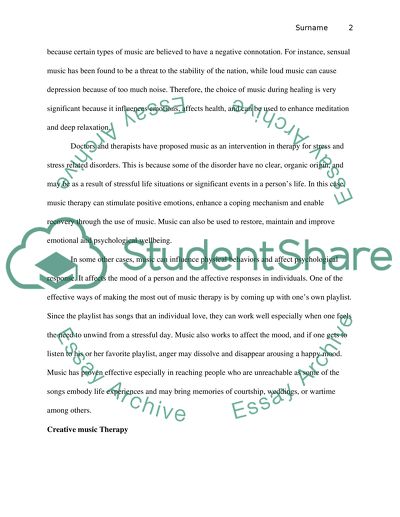Cite this document
(“Music Therapy Research Paper Example | Topics and Well Written Essays - 1500 words”, n.d.)
Retrieved from https://studentshare.org/music/1445894-music-therapy
Retrieved from https://studentshare.org/music/1445894-music-therapy
(Music Therapy Research Paper Example | Topics and Well Written Essays - 1500 Words)
https://studentshare.org/music/1445894-music-therapy.
https://studentshare.org/music/1445894-music-therapy.
“Music Therapy Research Paper Example | Topics and Well Written Essays - 1500 Words”, n.d. https://studentshare.org/music/1445894-music-therapy.


